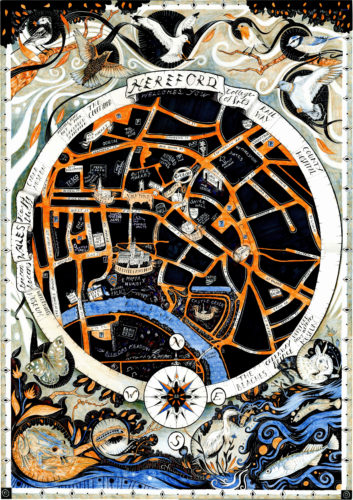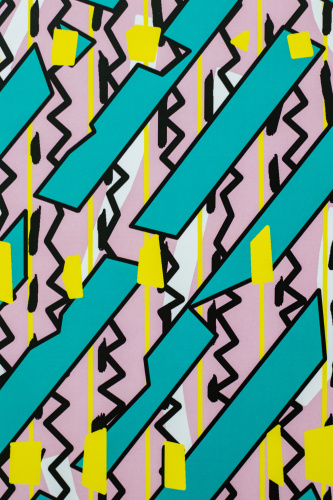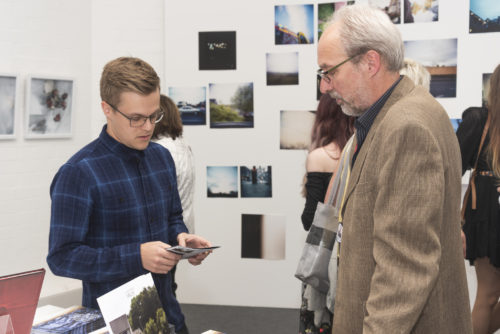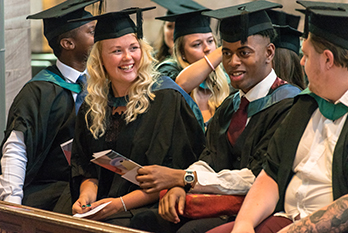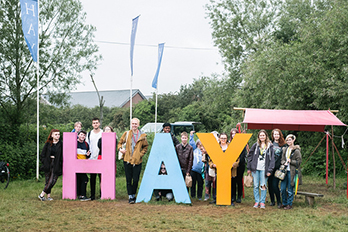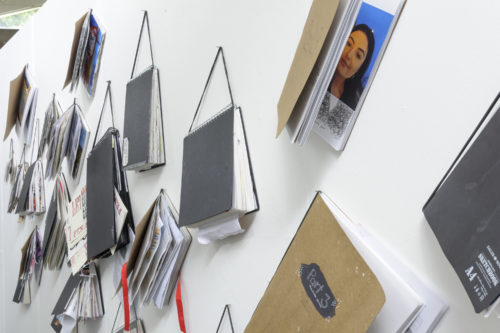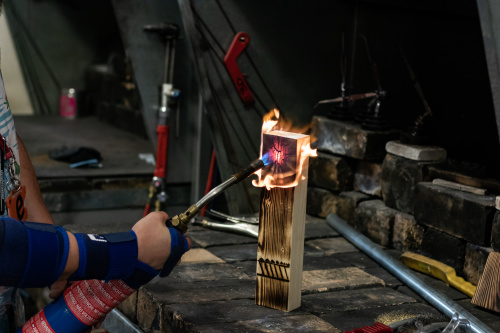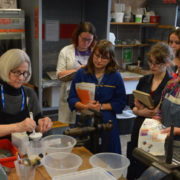Defining research at Mid-Cheshire Consortium
Published on 14.07.16
It was lovely to be invited to present at the annual Mid-Cheshire Consortium’s conference last week, and to meet such an inspiring group of dedicated educators. The day began with an inspiring keynote by Lou Mycroft of @teachnorthern who looked for our revolutionary writers in the reframing of the practitioner as ‘philosopher of praxis’.
Categories
It was lovely to be invited to present at the annual Mid-Cheshire Consortium’s conference last week, and to meet such an inspiring group of dedicated educators. The day began with an inspiring keynote by Lou Mycroft of @teachnorthern who looked for our revolutionary writers in the reframing of the practitioner as ‘philosopher of praxis’. Her revolutionary call to arms was followed by Damian Fidler’s practical and theoretical advice regarding peer observation for learning (rather than observation of learning). This was followed by a practical workshop (led by myself) that aimed to let us take inspiration and ideas from delegates and synthesise them into some tangible ideas to (perhaps) be realised next year.


From my perspective, three broad themes emerged from the conference. The first was one of practical positivity and the need for us to be recognised as a ‘voice’ within the HE sector. We identified many strengths in our practice as well as barriers. We are agile, we ‘think outside the box’, we have amazing relationships with and care for our learners, and we work within an edgy interface that is fast-paced and forces us to think outside the box. At FE in HE, we work within a learning space that offers great potential but also can be limiting, particularly regarding finding the time, space or resources to undertake scholarly work such as research.
The second was that of empowerment and the creation of new knowledge. Lou’s book re-framed the ‘Cinderella sector’ as the ‘12 Dancing Princesses’, but perhaps we also need to make sure that our dancing isn’t curtailed (as it is in the Grimm Tales) by dominant hierarchies. In the case of FE, perhaps our college based higher education is the answer as we ‘bridge the gap’ between traditional University-based learning environments and the more vocational and technical learning spaces of FE. I’m sure that any model of scholarship we develop within The Scholarship Project will provide a way of ensuring learners from so-called ‘non-traditional’ backgrounds can participate in their learning alongside tutors, employers, and the institution. Damian’s action-led model of observation for learning illustrates this as the observation process becomes cross-curricular and iterative – ending in co-owned outcomes for the observer and ‘observed’ and ‘next steps’ agreed through peer-led dialogue.
The third theme was the idea of praxis. This is an idea I was already fascinated with, as, working in an art college teaching ‘Critical Studies’ it crops up continually as students and fellow lecturers discuss the links between theory and practice. ‘Praxis’ is platonic, from the Nichomachean Ethics, but a user-friendly guide to the idea can be found on Infed.org . Jonathan Simmonds, in his recent thinkpiece on theory and practice, suggests the bridge between theory and practice is ‘reason’, a useful thought when re-defining my own opinions as discussed here.
Praxis is described in the infed article as ‘practical reasoning’ – responses to questions explored within an ethical framework. Yesterday I watched practical reasoning in action – crucially in dialogic action that could, as Freire, wrote, support real social change. Lecturers engaged with ideas and created new knowledge and thoughts, and all framed within a sound ethical framework that placed the learner at the heart of research despite external constraints.
And with practical knowledge. Embodied in the lecturer who routinely carries round a presentation ‘clicker’ complete with remote software just in case. Thanks, Nic, and huge thanks to Mid-Cheshire consortium for inviting me. The word cloud below represents our shared definition of ‘research’ – the barriers and opportunities we identified we’ve touched on above and hopefully I’ll be able to collaborate with you on some research projects in the future.



